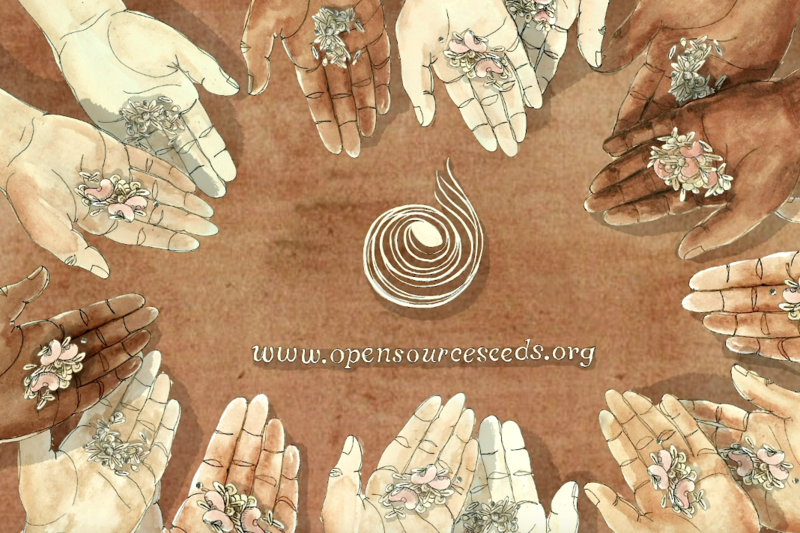More Diversity on the Field: Seeds as a Common Good

Culture plants are a part of human development, and freely-accessible seeds are a foundational requirement for sovereignty over food production. For thousands of years, seed was understood as a common good. Today, however, a small number of large corporations dominate the world market, and protected varieties and patents are leading to the increasing privatization and monopolization of seeds. As these corporations concentrate on just a few varieties, varietal diversity is disappearing from fields. A new, open-source license for seeds aims to counteract these developments. Initiated by Agrecol e.V., the Association for AgriCulture and Ecology, located in Marburg, OpenSourceSeeds (OSS) helps to protect new varieties from patenting so that they can be used and maintained as a common good.
Especially smaller and mid-sized breeders rely on this type of assistance to be able to continue plant breeding in the future. Farmers profit from a wider variety of available plant breeds, as well, since these may include varieties adapted specifically for their region. “This open-source license could be an important counter-current again the privatization of seeds, because it secures important genetic resources for independent breeding,” said SAGST project manager Christian Wüst. “Another crucial point is the community-building aspect: seed as a common good builds on the solidarity between all parties involved and pools their joint efforts for more diversity on the field.”
